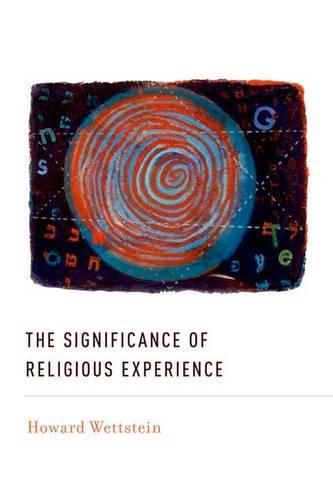Readings Newsletter
Become a Readings Member to make your shopping experience even easier.
Sign in or sign up for free!
You’re not far away from qualifying for FREE standard shipping within Australia
You’ve qualified for FREE standard shipping within Australia
The cart is loading…






In this volume of essays, Howard Wettstein explores the foundations of religious commitment. His orientation is broadly naturalistic, but not in the mode of reductionism or eliminativism. This collection explores questions of broad religious interest, but does so through a focus on the author’s religious tradition, Judaism. Among the issues explored are the nature and role of awe, ritual, doctrine, religious experience; the distinction between belief and faith; problems of evil and suffering with special attention to the Book of Job and to the Akedah, the biblical story of the binding of Isaac; the virtue of forgiveness. One of the book’s highlights is its literary (as opposed to philosophical) approach to theology that at the same time makes room for philosophical exploration of religion. Another is Wettstein’s rejection of the usual picture that sees religious life as sitting atop a distinctive metaphysical foundation, one that stands in need of epistemological justification.
$9.00 standard shipping within Australia
FREE standard shipping within Australia for orders over $100.00
Express & International shipping calculated at checkout
In this volume of essays, Howard Wettstein explores the foundations of religious commitment. His orientation is broadly naturalistic, but not in the mode of reductionism or eliminativism. This collection explores questions of broad religious interest, but does so through a focus on the author’s religious tradition, Judaism. Among the issues explored are the nature and role of awe, ritual, doctrine, religious experience; the distinction between belief and faith; problems of evil and suffering with special attention to the Book of Job and to the Akedah, the biblical story of the binding of Isaac; the virtue of forgiveness. One of the book’s highlights is its literary (as opposed to philosophical) approach to theology that at the same time makes room for philosophical exploration of religion. Another is Wettstein’s rejection of the usual picture that sees religious life as sitting atop a distinctive metaphysical foundation, one that stands in need of epistemological justification.